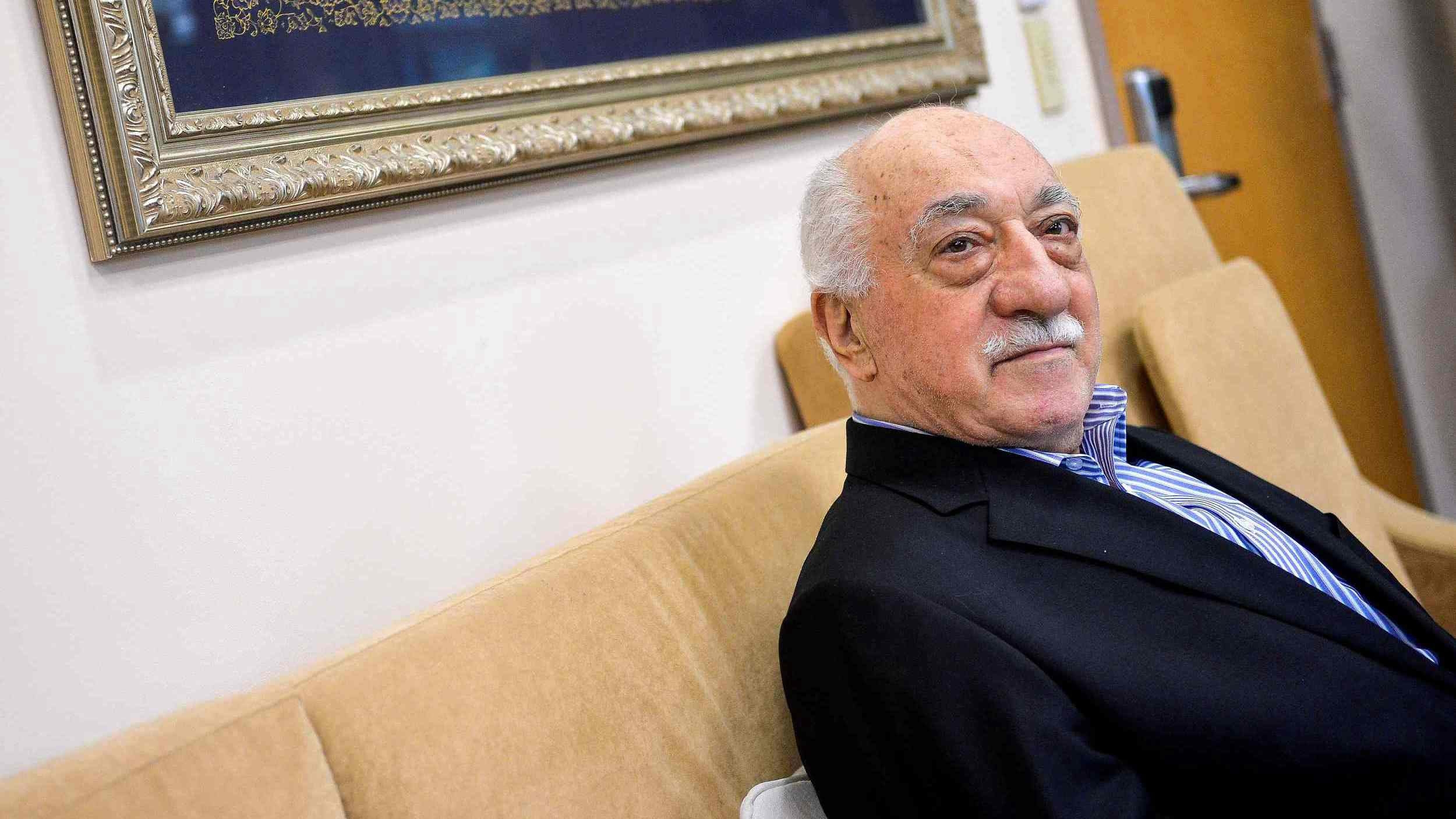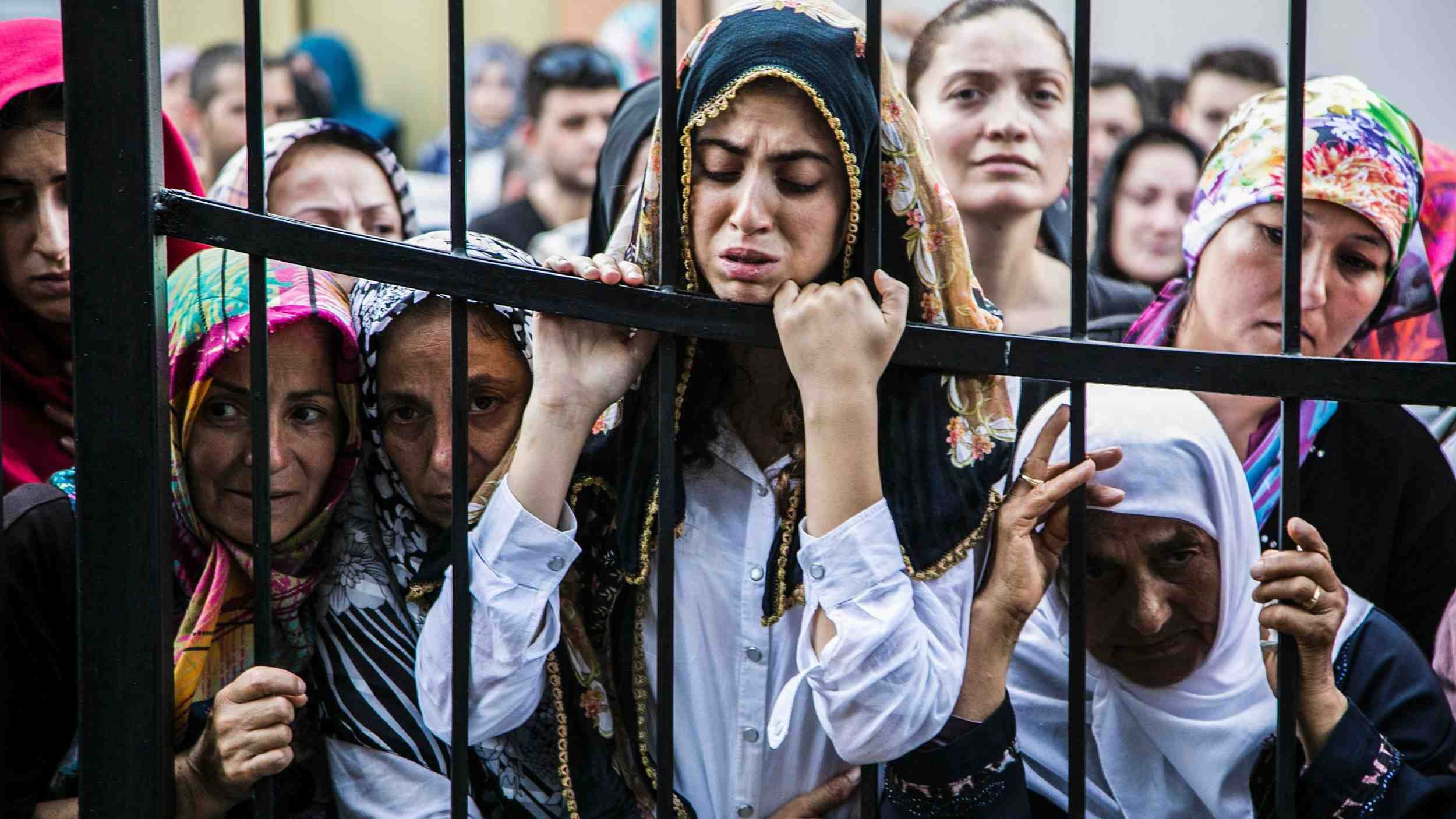
Politics
17:08, 11-Jul-2017
Turkey detains dozens of tech staff suspected of coup links

Turkish authorities have ordered the arrest of 105 people working in information technology who were believed to have been involved in the attempted military coup a year ago, state-run Anadolu news agency reported on Tuesday.
In the last year, there has been a steady stream of police operations targeting people suspected of links to the US-based Islamic cleric Fethullah Gulen, whom Ankara accuses of orchestrating the failed putsch on July 15.

Cleric Fethullah Gulen sits at his home in Saylorsburg, Pennsylvania, US, July 29, 2016. /VCG Photo
Cleric Fethullah Gulen sits at his home in Saylorsburg, Pennsylvania, US, July 29, 2016. /VCG Photo
Police have so far detained 52 people out of the 105 targeted by arrest warrants across eight provinces, including former staff from Turkey's scientific research council TUBITAK and a telecommunications authority, Anadolu said.
It said the suspects were believed to be users of ByLock, an encrypted messaging app the government says was used by Gulen's followers. Gulen has denied involvement in the attempted military takeover.

Women during the funeral of a victim of the failed July 15 coup attempt in Istanbul, July 17, 2016. /VCG Photo
Women during the funeral of a victim of the failed July 15 coup attempt in Istanbul, July 17, 2016. /VCG Photo
On Monday, Turkey issued arrest warrants for 72 university staff, including a former adviser to the main opposition leader who staged a mass rally on Sunday to protest against a crackdown in the last year.
About 50,000 people have been arrested and 150,000 state workers including teachers, judges and soldiers have been suspended under emergency rule imposed in late July.

People at a photography exhibition to mark the first anniversary of the failed coup attempt in Ankara, Turkey, July 9, 2017. /VCG Photo
People at a photography exhibition to mark the first anniversary of the failed coup attempt in Ankara, Turkey, July 9, 2017. /VCG Photo
Rights groups and government critics say Turkey has been drifting toward authoritarianism for years, a process that they say accelerated since the coup bid and a referendum in April granting President Tayyip Erdogan sweeping new powers.
The government says the crackdown and constitutional changes are necessary to address security threats. More than 240 people were killed in the coup attempt.
(Source: Reuters)
6842km

SITEMAP
Copyright © 2018 CGTN. Beijing ICP prepared NO.16065310-3
Copyright © 2018 CGTN. Beijing ICP prepared NO.16065310-3